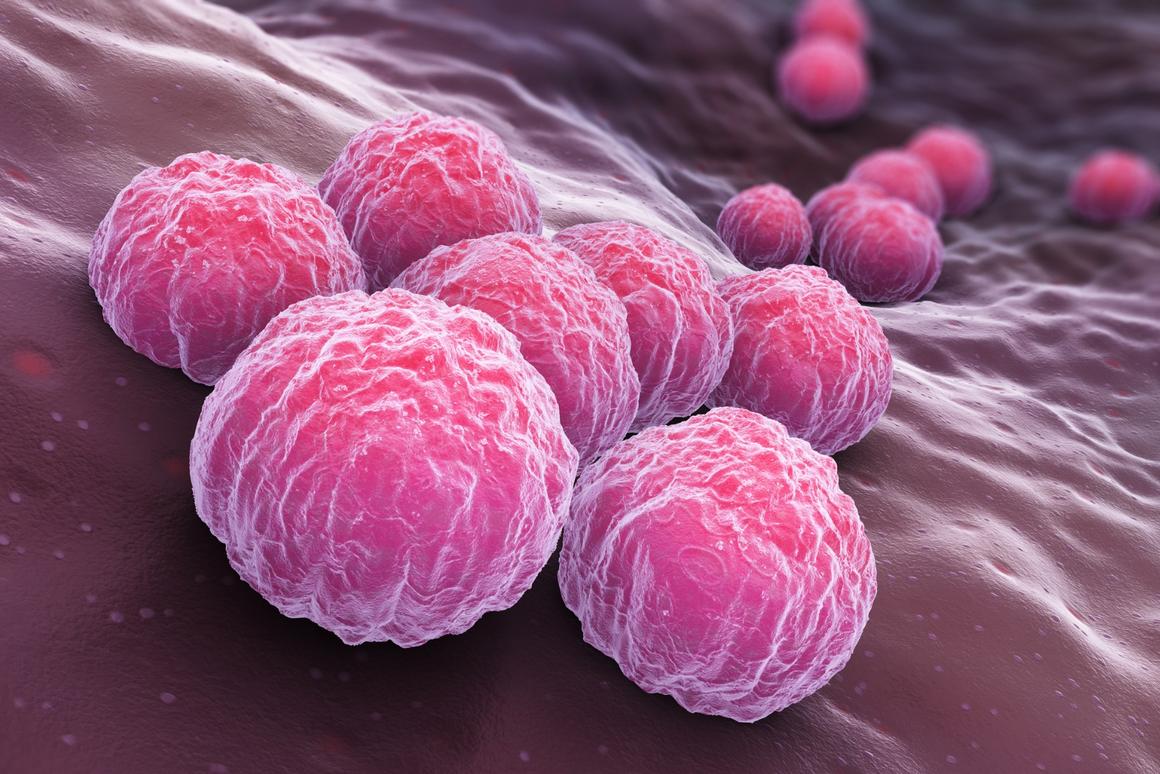Checkups for Infertility couples
6/30/2020 05:43:00 AM
- Female
Hysteroscopy (H-scopy)
Purpose:
H-scopy uses a hysteroscope to examine if the uterus and uterine lining are normal. There is a direct correlation between the condition of the uterus and embryo implantation.
Procedure:
Patient will be asked to lie on her back on the examination table with feet raised and supported by stirrups, similar to a pap smear or vaginal exam. An optical instrument connected to a video unit with a fiber optic light source is inserted to check the conditions of the uterus.
If only a simple examination is required, there is no need for anesthesia. The whole process takes about 3 mins, after which, the patient is asked to rest for another 30 mins. For further examination and operation, anesthesia will be administered and the process will take about 5 mins. Resting period is an additional 1-2 hours.
Patient will be asked to lie on her back on the examination table with feet raised and supported by stirrups, similar to a pap smear or vaginal exam. An optical instrument connected to a video unit with a fiber optic light source is inserted to check the conditions of the uterus.
If only a simple examination is required, there is no need for anesthesia. The whole process takes about 3 mins, after which, the patient is asked to rest for another 30 mins. For further examination and operation, anesthesia will be administered and the process will take about 5 mins. Resting period is an additional 1-2 hours.
When to test:
Best time to test is after the last menstrual cycle and before ovulation takes place for the next cycle. If it is a regular cycle of 28 days, the best time will be in the morning of the 7th to 11th day.
Cervical cultures
Purpose:
Inflammation of female genital tract includes viginitis, cervicitis, salpingitis and pelvic inflammatory disease (PID). Chronic inflammation may cause endometirum polyp(s), tubal adhesion, obstruction and/ or hydrosalpinx, etc. Bacteria, Chlamydia trachomatis and human papillomavirus (HPV) are 3 most common pathogens.
Inflammation of female genital tract includes viginitis, cervicitis, salpingitis and pelvic inflammatory disease (PID). Chronic inflammation may cause endometirum polyp(s), tubal adhesion, obstruction and/ or hydrosalpinx, etc. Bacteria, Chlamydia trachomatis and human papillomavirus (HPV) are 3 most common pathogens.
Auto-immune system
Purpose:
Through blood tests, we can determine whether patients' immune system is normal or not. Some patients' immune system will attack embryo after implantation, which will affect its bedding procedure or even cause miscarriage.
Through blood tests, we can determine whether patients' immune system is normal or not. Some patients' immune system will attack embryo after implantation, which will affect its bedding procedure or even cause miscarriage.
We suggest blood tests if you have any of the following symptoms :
1. infertility with unknown reason, advance age, premature ovarian failure, constitution allergy
2. Recurrent miscarriage or habitual abortion ※Def : ≥ 2 miscarriages within AP20wks
What items are included in the blood test ?
1. Anti-Thyroglobulin antibody (ATA)
2. Anti-Thyroid peroxidase antibody (Anti-TPO)
3. Anti-Extractable nuclear antigen antibody panel (Anti-ENA)
4. Anti-Thyroglobulin antibody (ATA)
5. Anti-Thyroid peroxidase antibody (Anti-TPO)
6. Anti-Extractable nuclear antigen antibody panel (Anti-ENA)
7. Anti-Phospholipid antibody (APS)
-Anti-b2 glycoprotein IgG/IgM (B2GP)
-Anti-cardiolipin IgG/IgM (ACA)
-Lupus anticoagulant
Blood test for
couples’ chromosome
Based on
stats, over 70% of spontaneous abortion are related to abnormality of fetus’
chromosome. It is important to check for couples’ chromosome if you have any of
the following symptoms:
- Infertility with unknown reason, poor sperm quality, azoospermia
- Fail implantation with accumulated 4 GBR or 2 blastocysts with normal
chromosome
- Recurrent miscarriage or habitual abortion
※Def
: ≥ 2 miscarriages within AP20wks
- Male
For patients that cannot find sperm at multiple sperm analyses, doctor collect the first will collect urine sample after ejaculation, to eliminate the possibility of obstructive azoospermia. After that, blood tests are suggested to evaluate patient’s spermatogenesis.
How to read the reports?
Dysfunction of hypothalamus or pituitary gland (lack of hormone to produce sperm)
|
Blood test
results
|
Low in FSH & LH
Low in Testosterone High in PRL |
|
Treatment
|
Treat with injections (retain
hormone supplies)
Treat with medicines Transfer to oncology after Docotr`s evaluation |

Dysfunctional testiculus
|
Blood test
results
|
High in FSH & LH
Testosterone normal or lower than average High in PRL |
|
Treatment
|
Treat with injections + MESA /TESA
IVF with donated sperm Treat with medicines |

Ductus deferens blockage
|
Blood test
results
|
Normal in FSH & LH
Normal in testosterone |
|
Treatment
|
MESA
/TESA
|
Based on
stats, over 70% of spontaneous abortion are related to abnormality of fetus’
chromosome. It is important to check for couples’ chromosome if you have any of
the following symptoms:
- Infertility with unknown reason, poor sperm quality, azoospermia
- Fail implantation with accumulated 4 GBR or 2 blastocysts with normal
chromosome
- Recurrent miscarriage or habitual abortion
※Def
: ≥ 2 miscarriages within AP20wks


Unique and Informative information you have shared. Really needy and helpful information. Thank you for sharing. Visit here for right and more advanced treatments : Gynecologist In Navi Mumbai
ReplyDeleteInfertility is very common issue now a days and get your treatment to Lady doctor Dr. Sujata Rathod - Gynecologist In Thane West.
ReplyDeleteVery useful blog. thanks for mention. IVF Clinic in Gurgaon
ReplyDeleteIt is good that you have explained about infertility and its treatment. I ad a good time reading your post. Thank you and keep writing.
ReplyDeleteGood piece of information you shared. Loved it. If you are struggling with infertility, consult infertility doctor in Dhaka for fertility treatment.
ReplyDelete